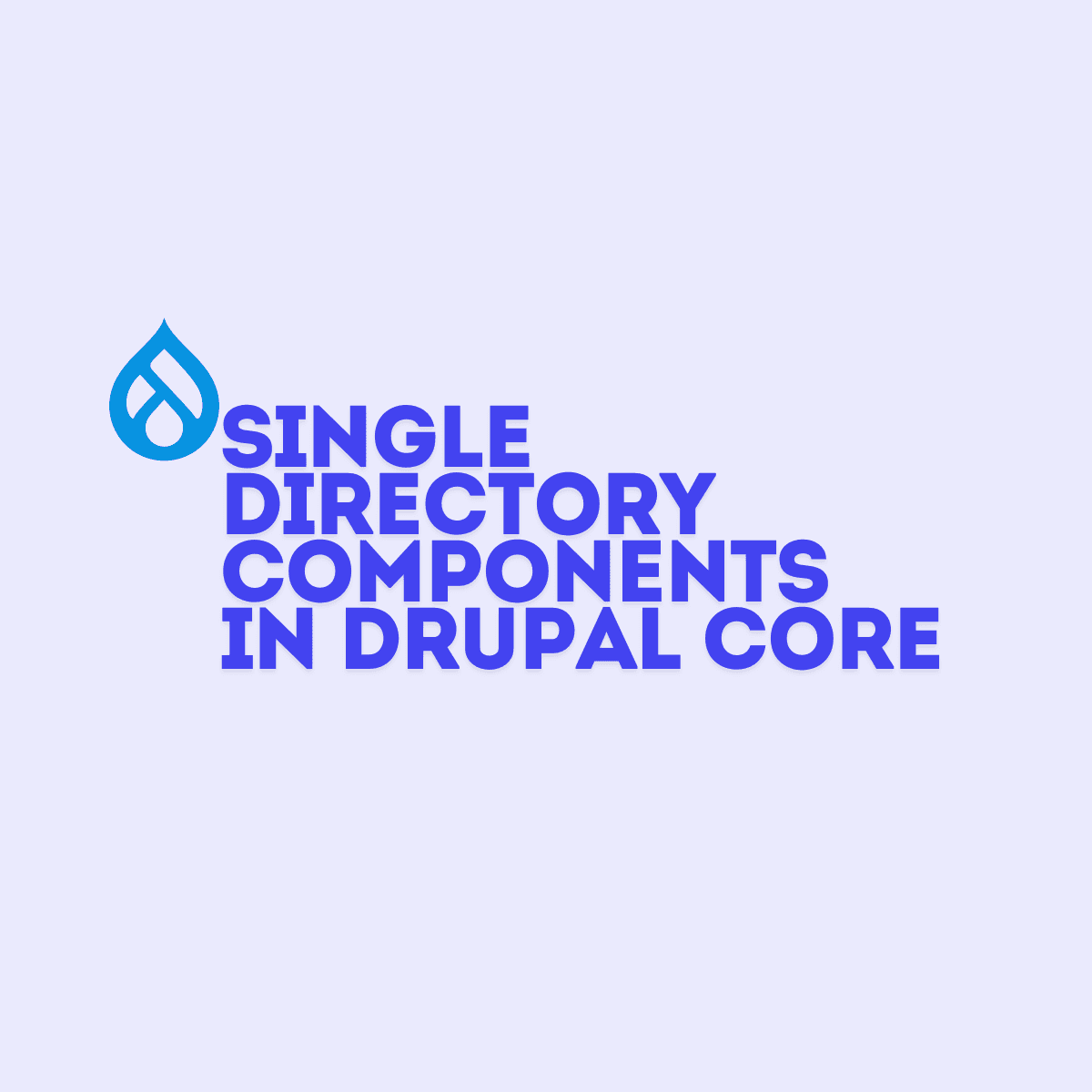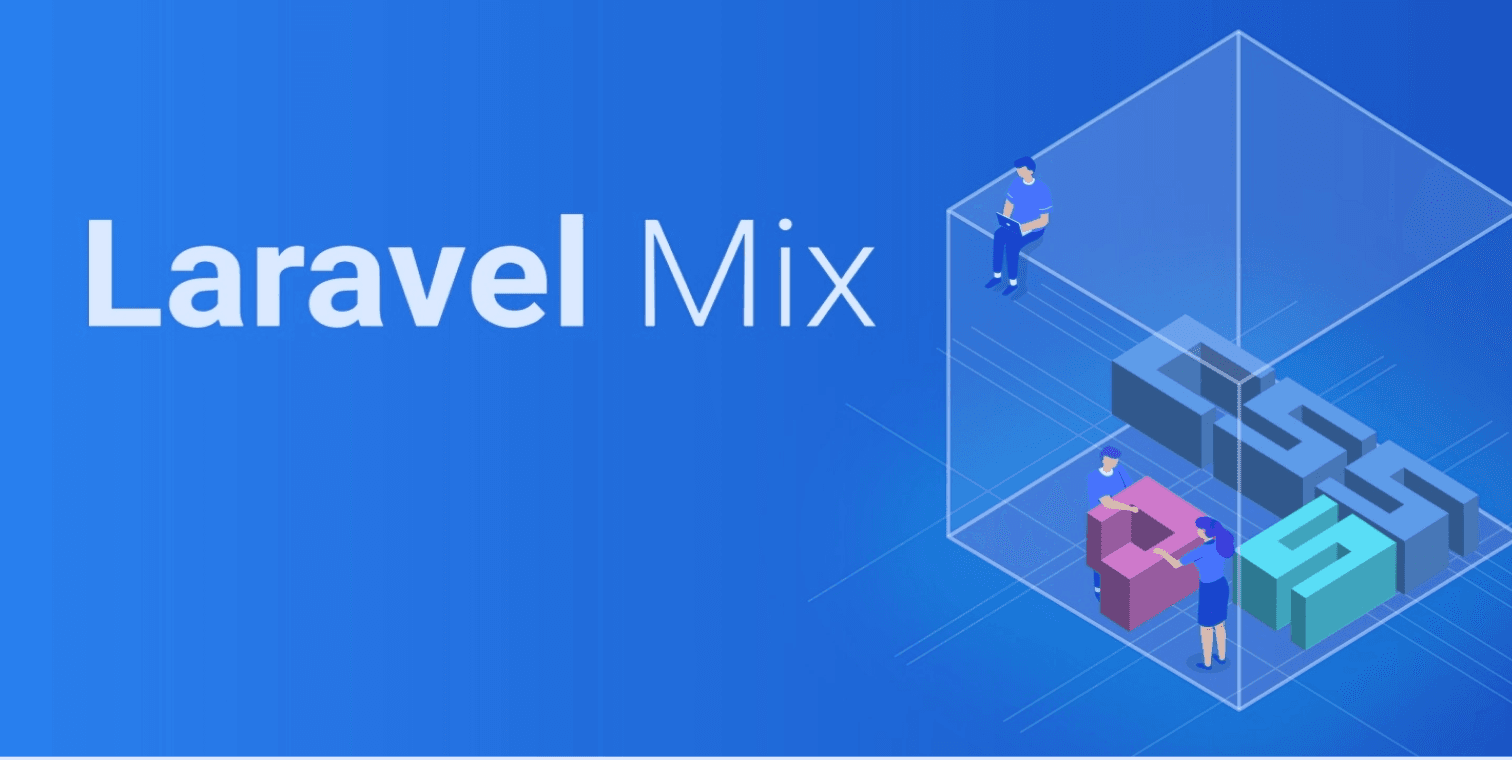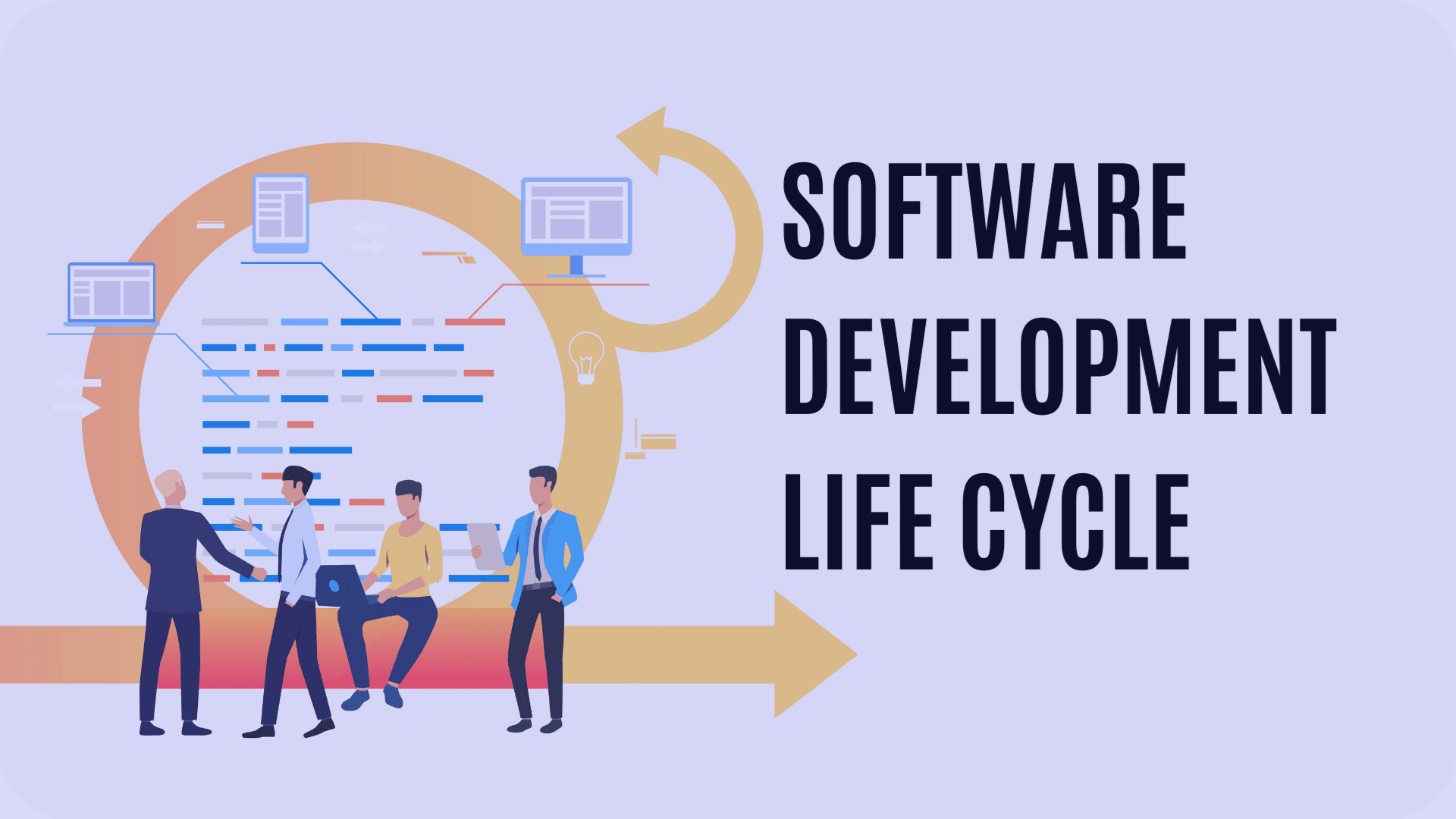Share this article:
Why startups hesitate to work with a bespoke software development agency – and how we address every concern
Head of Delivery

Introduction: The agency dilemma
For startups looking to scale through bespoke software development, every decision counts. Choosing whether to partner with an agency is one that founders and C-level leaders don’t take lightly. The stakes are high: agencies can offer rapid growth, specialised expertise, and flexible support. Yet, it’s common for startups to hesitate. Concerns around cost, communication, control, and agility often leave founders questioning if an agency is the right choice.
At Bulcode, we specialise in custom software for startups and have worked with founders across diverse industries. In this article, we’ll address the top concerns that startups have when partnering with a software development agency—and how we’ve refined our approach to meet these needs.
1. Cost concerns: Is bespoke software development affordable for startups?
The startup perspective
Budgets are tight, especially in early stages, and startups worry that working with an agency might reduce their runway, forcing them to sacrifice other essential investments.
How we address it
At Bulcode, our bespoke software solutions are tailored for startups. We offer flexible, tiered service packages designed to fit within a startup’s budget constraints. In our project scoping sessions, we collaboratively establish budget parameters and identify priorities to deliver high-impact results within these constraints. By focusing on essential features first, we help startups maximise value and scale over time.
Data point: According to a Deloitte survey, outsourcing specific IT functions to experienced agencies can reduce operational costs by up to 30%. Learn more about our cost-effective IT outsourcing solutions here.
2. Communication: Will our vision be understood and honoured?
The startup perspective
Founders are deeply invested in their product vision, and there’s often concern that an external team might not fully grasp or share that passion.
How we address it
Our approach to custom software development is centred on constant and clear communication. We provide structured check-ins, access to a dedicated project manager, and tools that keep you updated in real time. Using platforms like Teams, Slack, and Jira, we ensure transparency so you’re never left wondering about project alignment.
One startup client relied on our communication processes to achieve a result that truly represented their vision. Through regular strategy sessions and real-time messaging, we stayed aligned at every step.
Insight: Studies show that 86% of employees cite ineffective communication as a primary cause of project failure. With our focus on transparency, we reduce this risk from the outset.
3. Loss of control: Can startups maintain project oversight with an agency?
The startup perspective
Many startups fear losing control over their project and worry about misalignment with goals or timelines when outsourcing to an agency.
How we address it
We see ourselves as an extension of your team. Our collaborative approach allows startups to remain closely involved at every phase. By structuring projects into clear, manageable sprints, we give your team opportunities to review, revise, and approve each phase, ensuring alignment and allowing for real-time adjustments.
For example, we helped a fintech client launch an MVP with over 50 integrated providers within just three months. Our daily updates and open channels allowed the client to stay in the loop and participate in standups, ensuring that every deliverable matched their evolving vision.
4. Flexibility: Will a software development agency adapt to our pivot needs?
The startup perspective
Startups in dynamic markets often need the flexibility to pivot quickly. Agencies are sometimes perceived as rigid and unable to adjust to rapid changes.
How we address it
Flexibility is core to our methodology at Bulcode. Our agile development for startups framework enables us to respond quickly to changes in your project’s scope or direction. Whether a minor tweak or a major shift, our team is experienced in adapting to evolving needs.
Real-Life Scenario: One of our clients needed agile adaptability to continually test and refine their offering. By starting with small, functional R&D components, they could gauge performance and stay competitive. This agile approach helped them achieve real-time flexibility while staying relevant in their market.
5. Expertise concerns: Will the agency meet our bespoke software needs?
The startup perspective
Startups often serve unique markets or employ cutting-edge technologies that require specialised knowledge from their software agency partner.
How we address it
We bring extensive experience across industries like fintech, edtech, AI, ML, healthtech, and e-commerce, allowing us to deliver custom software solutions that feel like an in-house team’s work. Bulcode’s team dives deep into your industry’s nuances, shortening the learning curve so we can provide impactful, tailored solutions from the start.
Statistic: A Gartner study found that companies partnering with industry-specialised agencies experience a 15-20% improvement in project outcomes. See how we bring niche expertise to every project here.
6. Vendor lock-in: Are there flexible options with software agencies?
The startup perspective
Many startups worry about vendor lock-in, fearing they might become dependent on a single agency, which could limit future flexibility.
How we address it
Our development practices are designed for flexibility and transparency. All code, documentation, and project assets are fully accessible, organised, and easily transferable. We support smooth handovers and create extensive documentation so that, if desired, you can transition to a new provider or build an in-house team without any issues.
Real-Life Scenario: After we launched an MVP for a client, they chose to scale their own team. From the outset, we ensured seamless knowledge transfer and remained available for on-demand support, empowering them to expand independently while still having access to our expertise when needed.
Conclusion: Building a partnership that feels in-house
For startups considering a partnership with a software agency, the fears are understandable but addressable. At Bulcode, we tackle each concern with flexibility, transparency, and expertise, positioning ourselves as a trusted partner in bespoke software development for startups. Our goal is to provide you with the support to scale efficiently and sustainably.
SUBSCRIBE TO OUR NEWSLETTER
Share this article:

.png&w=3840&q=75)









